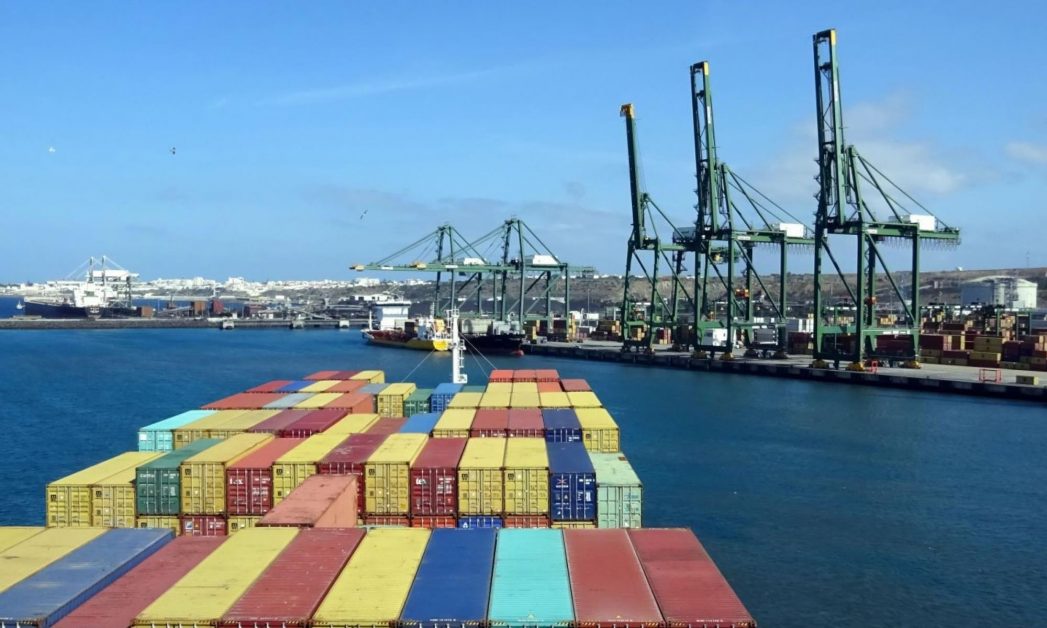India is moving into the business of manufacturing cargo containers, a segment dominated by China, as part of the Atmanirbhar Bharat initiative.
The Ministry of Ports, Shipping and Waterways has formed a committee to examine the feasibility of making containers at Bhavnagar in Gujarat and developing it into a manufacturing hub for the steel boxes that have become the global standard for shipping a variety of goods across ships, rail and road.
As a first step in this direction, freight forwarder Pushpak Logistics has rolled out a pilot project by placing orders for a few containers with manufacturers in Bhavnagar.
According to an official briefed on the development, the demand for shipping containers has been driven by increased manufacturing and exports.
“Indian coastal shipping adds about 10,000 twenty-foot equivalent units (TEUs) of new containers annually, while India’s largest container rail operator — Container Corporation of India — may require 2,000- 2,500 TEUs of new containers every year,” the official said.
“Almost all the shipping containers used today are imported from China. By the time they reach Indian shores, they cost us around 40 per cent more, which includes ocean freight, Customs duty, other taxes, custom house agent charges and sundry expenses,” the official added.
India’s container needs
China makes about 90 per cent of the global shipping containers. CIMC is the largest container manufacturer with a market share of 40 per cent. Other players include Singamas, COSCO and CXIC.
Currently, India sources its entire container needs from China at prices ranging from ₹2,39,760-4,54,545 depending on the size of the container.
India’s external trade grew to $838.46 billion in FY20 and the increasing trade is translating into higher demand for containerisation due to their efficiencies. The country will require approximately 60,000 new containers between 2021 and 2026, an annual addition of about 10,000 TEUs per year.
The global container fleet is handled by container leasing companies and shipping lines, with the latter holding a 49 per cent share.
Triton is the world’s largest container leasing company with a market share of some 14 per cent, owning over six million TEUs.
“India should start manufacturing marine containers within the country,” said Sunil Vaswani, Executive Director, Container Shipping Lines Association (India), a lobby group for global container carriers, referring to the ongoing shortage of containers for exports from India.
“This would assist in the security of supply chain for exports,” he added.
Source: Business Line







